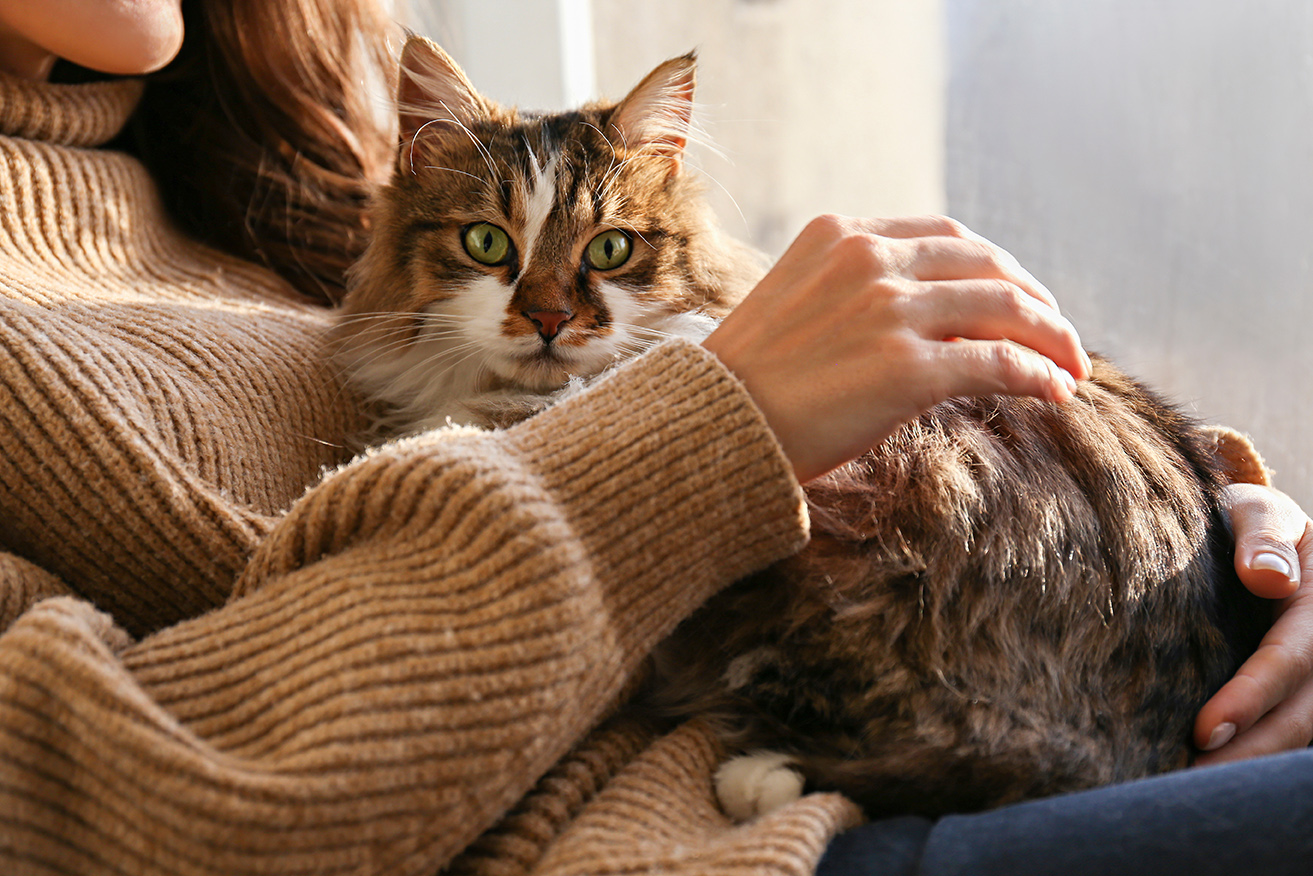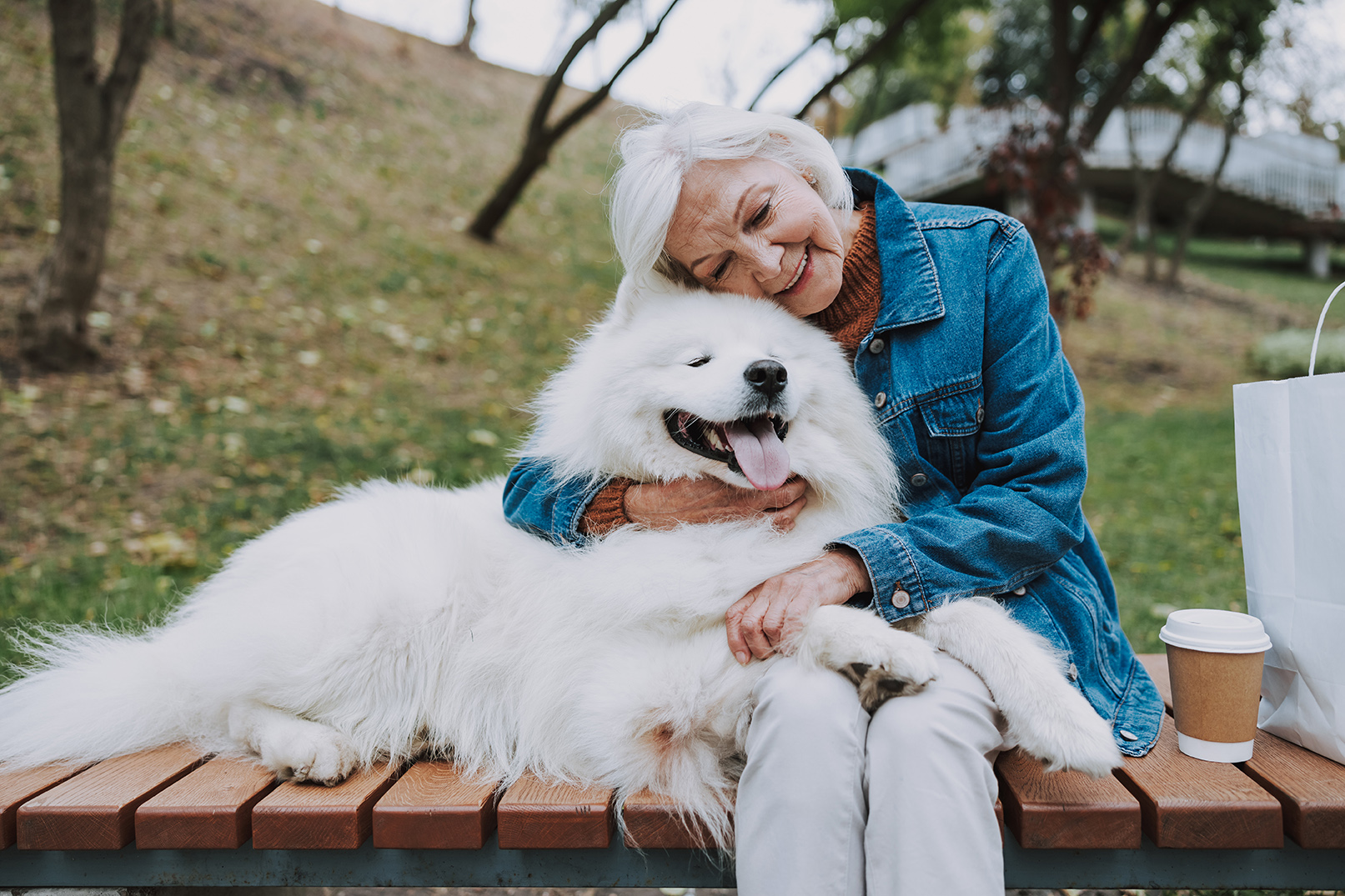Surgical Vet Services in Lynnwood, WA
At Seaview Animal Hospital in Lynnwood, WA, we understand that your pet is more than just an animal—they’re family. That’s why we provide exceptional veterinary surgical services designed to meet your pet’s unique needs with precision, care, and compassion. Whether it’s a routine procedure like spaying or neutering or an emergency intervention, our experienced team uses state-of-the-art technology to ensure the best outcomes for your furry friend. From the moment you walk through our doors, we’re here to prioritize your pet’s health, comfort, and happiness.

What is Veterinary Surgery?
Veterinary surgery is the branch of veterinary medicine that involves performing medical operations on animals to treat injuries, illnesses, or conditions that cannot be managed through medication or less invasive treatments. At Seaview Animal Hospital, our experienced veterinary team uses advanced diagnostic tools and surgical techniques to ensure that every procedure is performed with the highest level of care and precision. By addressing underlying health issues and improving overall well-being, veterinary surgery plays a vital role in enhancing the quality of life for pets.
How Do I Know if My Pet Needs Surgery?
Determining if your pet needs surgery often involves identifying symptoms that may indicate underlying issues. Some signs include:
- Chronic pain or limping that doesn’t respond to rest or medications.
- Growths, lumps, or swelling that persist or grow over time.
- Difficulty eating, chewing, or sudden changes in oral health.
- Non-healing wounds, infections, or recurrent abscesses.
If your pet shows any of these signs, a consultation with our veterinarians can help pinpoint the cause and determine if surgical intervention is necessary.
What Should I Expect on the Day of My Pet’s Surgery?
On surgery day, our goal is to make the process as smooth as possible for you and your pet. Here’s what you can expect:
- A Warm Welcome: Our team will greet you, review the procedure, and answer any last-minute questions.
- Anesthesia and Monitoring: We use advanced anesthesia protocols and monitoring equipment to ensure your pet’s safety at every stage.
- Clear Aftercare Instructions: Once the surgery is complete, you’ll receive detailed guidelines on how to care for your pet at home, along with information on follow-up visits.
What Are the Most Common Surgical Procedures for Dogs and Cats?
Pets often require surgical procedures to maintain long-term health and address various conditions. The most common surgeries include:
Spaying and Neutering
Spaying and neutering help prevent unwanted litters and reduce the risk of reproductive diseases like certain cancers and infections. These common procedures also curb hormone-related behaviors, making pets less likely to roam or act aggressively.
Emergency Procedures
Emergency animal surgeries address life-threatening issues quickly. These include removing foreign objects, treating severe injuries, and handling urgent conditions like bladder stones and obstructions. Immediate action can save your pet’s life and prevent further complications.
Dental Surgeries
Veterinary oral surgeries remove painful or infected teeth and treat advanced gum disease. By improving oral health, these procedures make eating easier and prevent infections from spreading.
Soft Tissue Surgeries
Soft tissue surgery involves procedures on the internal organs, skin, and other non-bony structures. These surgeries are often performed to remove tumors, repair wounds, or address conditions affecting the digestive systems. For example repairing a hernia falls under this category. If your pet has a lump that’s growing or an injury that isn’t healing, soft tissue surgery may be the best solution.
Tumor Removals
Removing tumors in pets—whether benign or cancerous—can significantly improve your pet’s comfort and overall health. Benign growths can still cause discomfort or limit mobility, while malignant tumors may pose more serious health risks. Addressing these growths early helps prevent complications and ensures your pet stays as healthy and active as possible.
Foreign Body Removal
Pets are curious and sometimes swallow things they shouldn’t. Removing foreign objects from their stomach or intestines is often necessary to avoid dangerous blockages. Prompt surgical intervention prevents severe complications and helps your pet get back to feeling their best.
Pet Wound Repair
Deep wounds, lacerations, or injuries that won’t heal on their own often require surgical repair. Suturing wounds, removing damaged tissue, and ensuring proper healing are all steps we take to help your pet recover quickly and comfortably.
What signs of complications should I watch for after my pet’s surgery?
After surgery, it’s important to monitor your pet closely for any signs that could indicate complications. Watch for:
- Excessive swelling, redness, or discharge: While mild swelling is normal, significant redness, oozing, or foul-smelling discharge from the incision site may signal an infection.
- Persistent lethargy or lack of appetite: It’s normal for pets to be a bit groggy after surgery, but ongoing fatigue or refusal to eat beyond a day or two can be a cause for concern.
- Difficulty breathing or coughing: This could indicate respiratory issues related to anesthesia or other complications.
- Changes in bathroom habits: Struggling to urinate or defecate, or showing signs of pain when doing so, may require immediate attention.
If you notice any of these symptoms, contact your veterinarian right away. Early intervention can help ensure your pet’s recovery stays on track.

Call Us for Animal Surgery in Lynnwood, WA!
Whether your pet needs a routine spay or neuter or a more advanced surgery, Seaview Animal Hospital in Lynnwood, WA is here to help. Our skilled veterinarians and compassionate team are dedicated to providing the highest quality care, ensuring your pet’s comfort and health every step of the way. Contact us to schedule an appointment and learn more about our comprehensive veterinary surgical services.
